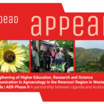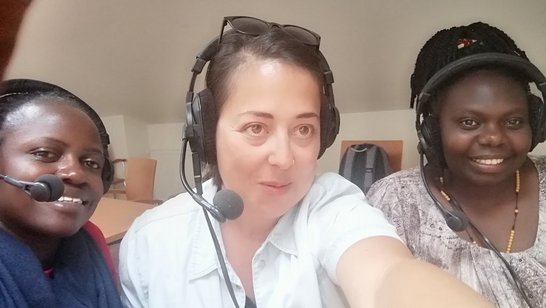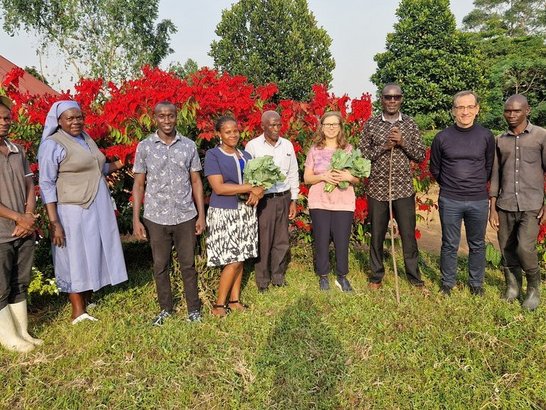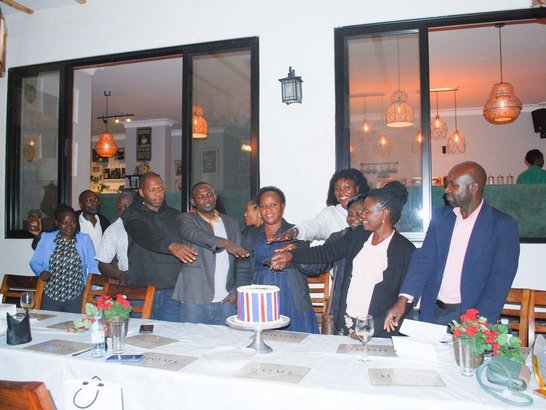Strengthening of Higher Education, Research and Science Communication in Agroecology in the Rwenzori Region in Western Uganda | AER-Phase II
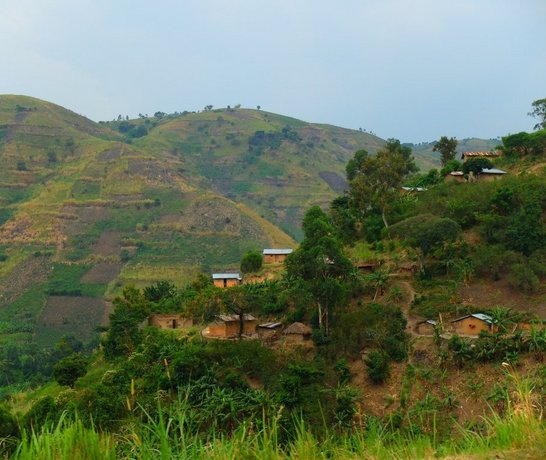
Project Coordinator: Violet Kisakye
Coordinating Institution: Mountains of the Moon University (MMU)
Partner Institutions: University of Natural Resources and Life Sciences, Vienna (BOKU; Bernhard Freyer), Uganda Martyrs University, Nkozi (Pius Mbuya Nina) and Sasakawa Africa Association (Frances Nakakawa)
Partner Countries: Uganda
Project Duration: 1 March 2022 – 28 February 2025 (36 months) (exentsion until 31.08.25)
Budget: EUR 389.929,10
Project Overview
The previous APPEAR project (AER: Agroecology in the Rwenzori) successfully implemented by MMU and BOKU built capacities in the field of agroecology (AE): staff training in AE (skills and knowledge); stakeholder-driven curriculum development; introduction of case study learning as well as action research in AE. Consequently, the community embedded Master of Science in Agroecology (MSc in AE) was established at MMU.
Alongside the MSc programme an institutional AE demonstration farm at MMU and ten AE lead farms in the collaborating farming communities to act as field sites for MSc students conduct field studies, farm-based lectures and action research as well as farmer trainings.
Based on these previous project achievements, the AER Phase II project aims to further solidify the innovative structures in implementing the MSc programme and strengthen participatory teaching, learning and research capacities.
The overall aim of AER Phase II is strengthening of higher education, research, and science communication in Agroecology in the Rwenzori Region.
AER Phase II is guided by three broad outcomes:
- Improved quality teaching of the MSc in AE cognizant of gender diversity
- Enhanced quality participatory action research and
- Increased capacity of farmers to actively participate in the development and consequently adoption of AE research innovations through the establishment of Living Labs.
Consequently, AER Phase II focuses on monitoring, evaluating and optimizing of the MSc programme, enhancing stakeholder feedback analysis as well as on reframing and optimizing the teaching materials especially considering the increasing relevance of Open Distance Electronic Learning (ODel) facilitating uninterrupted teaching and learning.
The transformation of demonstration farms into living labs for participatory action research, knowledge co-creation and adapting of best practices will be a key aspect of this project.
Another focus of AER Phase II is on the integration of ICT in extension through the use of digital classrooms where demonstration videos are developed and uploaded on existing farmer apps to facilitate quick farmer access to AE innovations.
Besides knowledge co-creation, farmers will be trained as community-based facilitators to make them active change agents within their communities. This will ensure increased adoption of new innovations since the farmers will be equipped with the skills to communicate this knowledge to their peers. It is envisaged that these activities will directly contribute to the three broad outcomes mentioned above.
AER Phase II deliberately integrates diverse groups through prioritization in selection of participants, scholarships and research awards, selection of farms for involvement in action research and highlighting the infrastructural and structural needs for inclusion of diverse groups.
The additional added value of AER Phase II lies the incorporation of new south partners i.e. Uganda Martyrs University and Sasakawa Africa Association, a non-academic partner with extensive experience is farmer extension.
Reporting
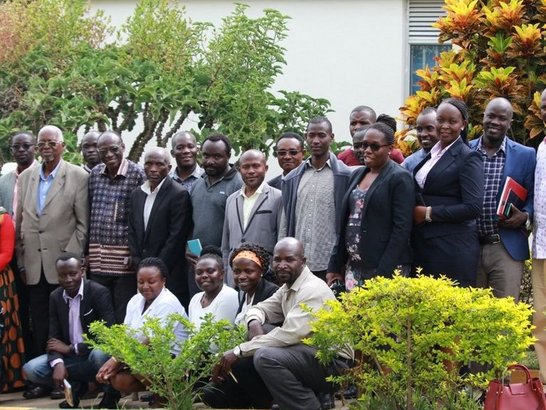
Report on the 1st project year | (March 2022 - February 2023)
The aim of the AER-Phase II project is to strengthen higher education, research and science communication in agroecology in the Rwenzori region.
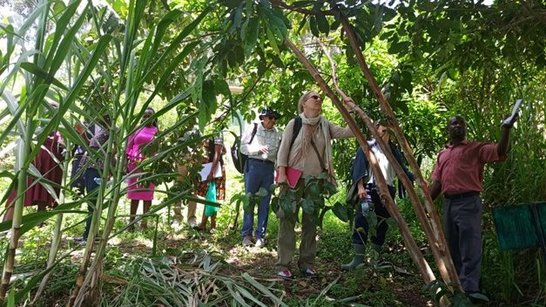
Report on the 2nd project year | (March 2023 - February 2024)
The main achievements in the second year of the project were the continuation of the Agroecology Masters as well as an exchange visit.
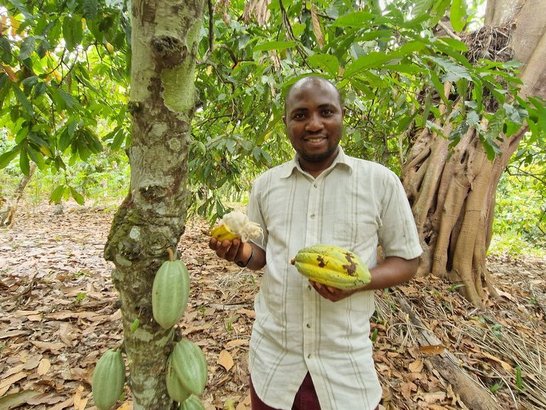
Final Report: Strengthening Agroecology Education, Research, and Practice in Uganda’s Rwenzori Region
Overall, the project was able to demonstrate that teaching and learning cannot be bound by the concrete walls of the classroom and that everywhere there is a learning opportunity including farms and that everyone is a potential source of knowledge including farmers

